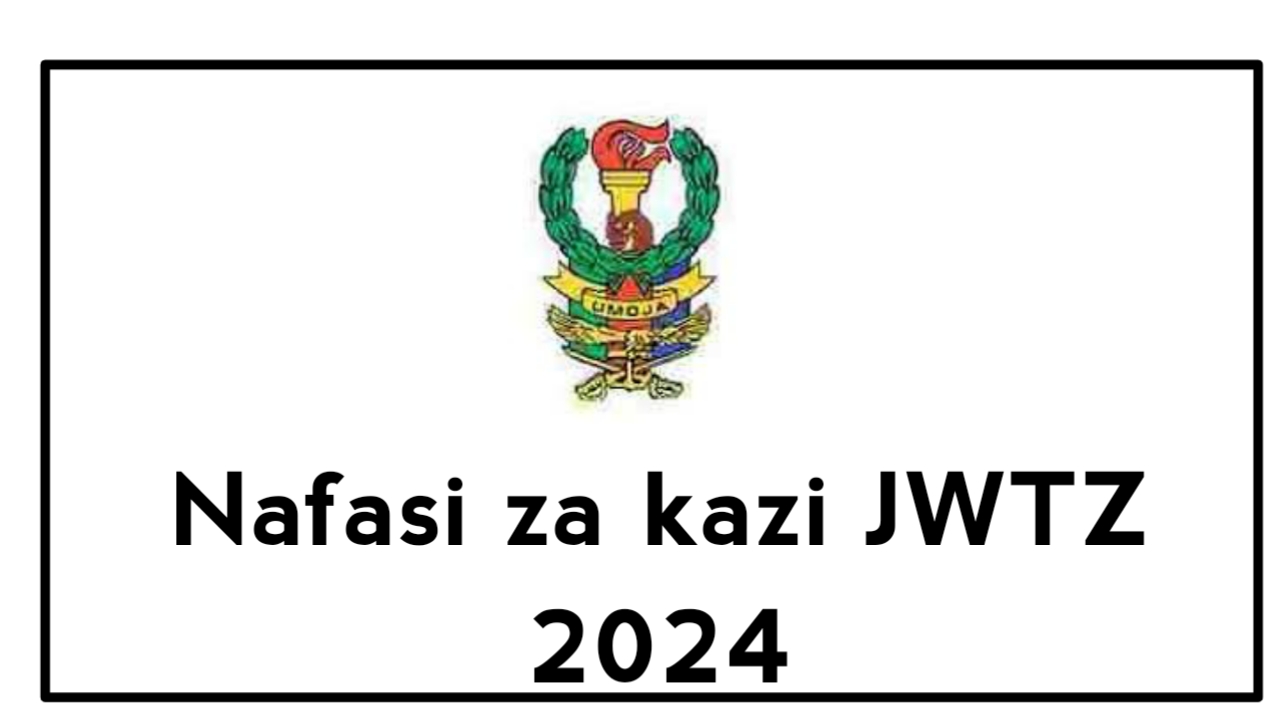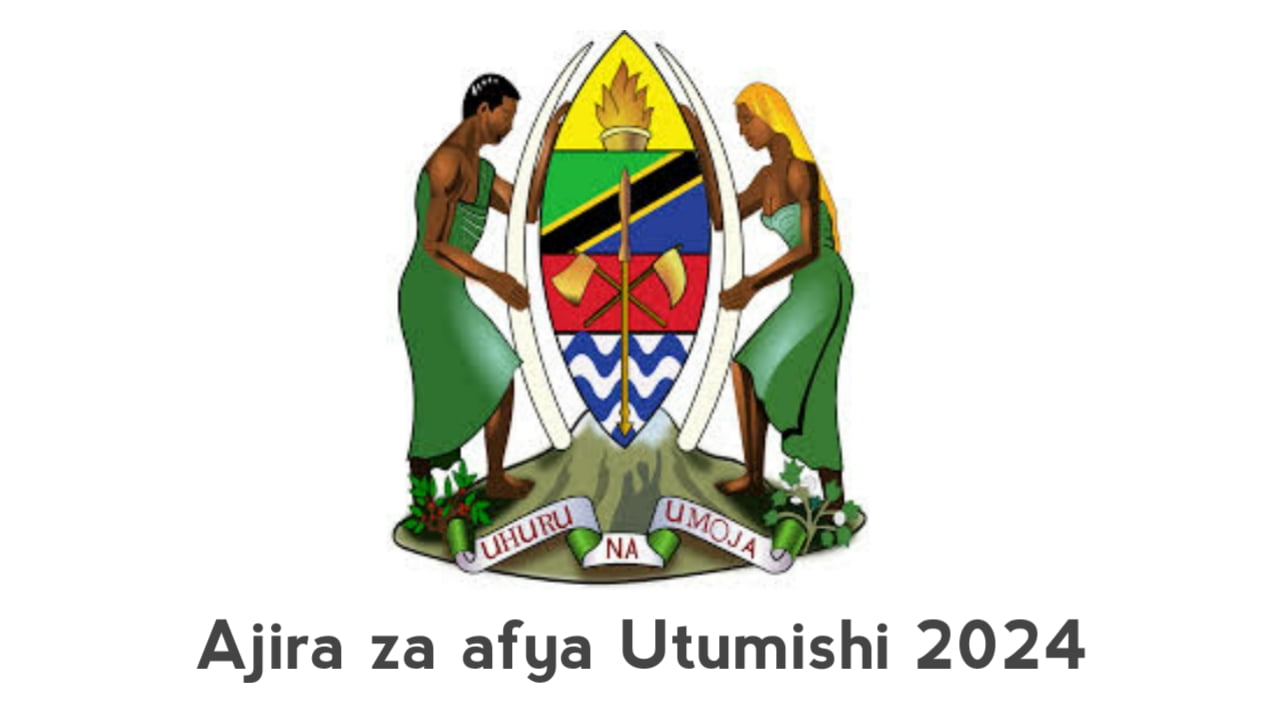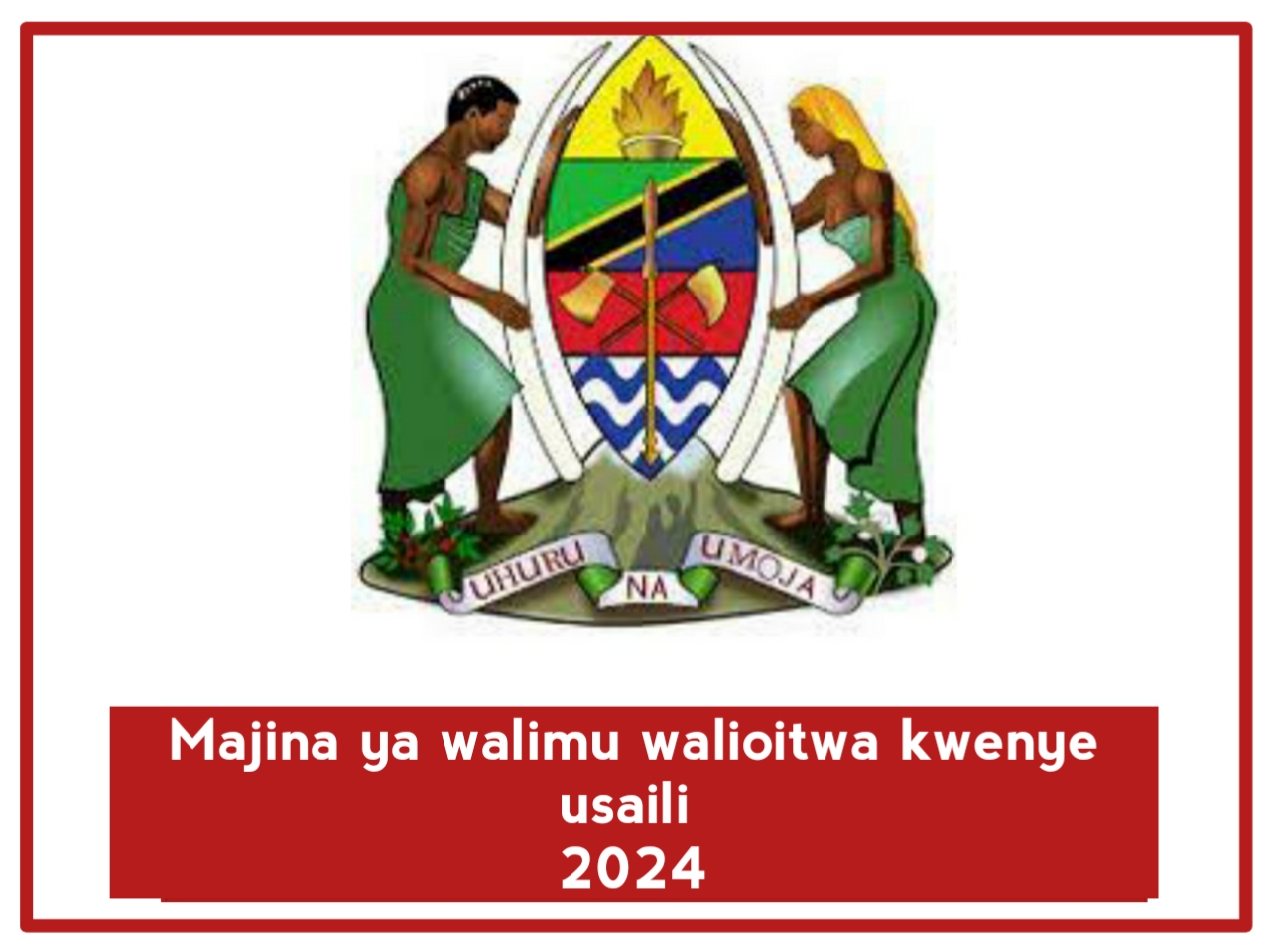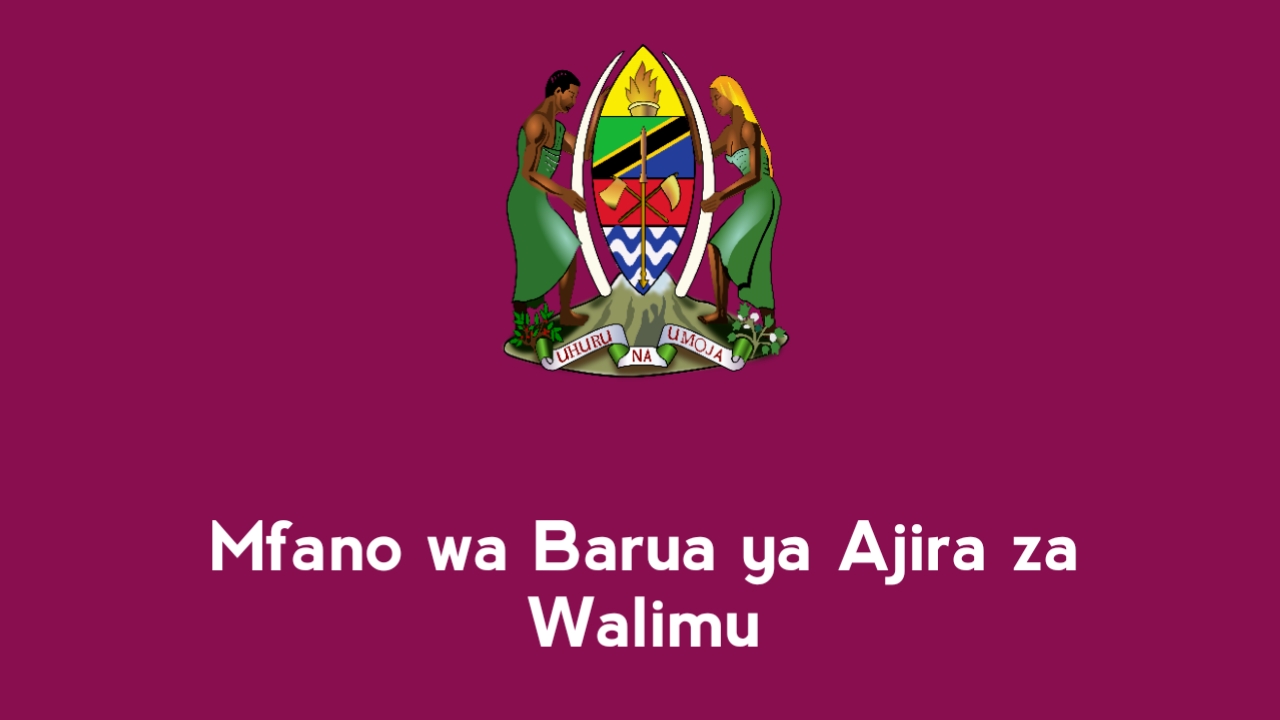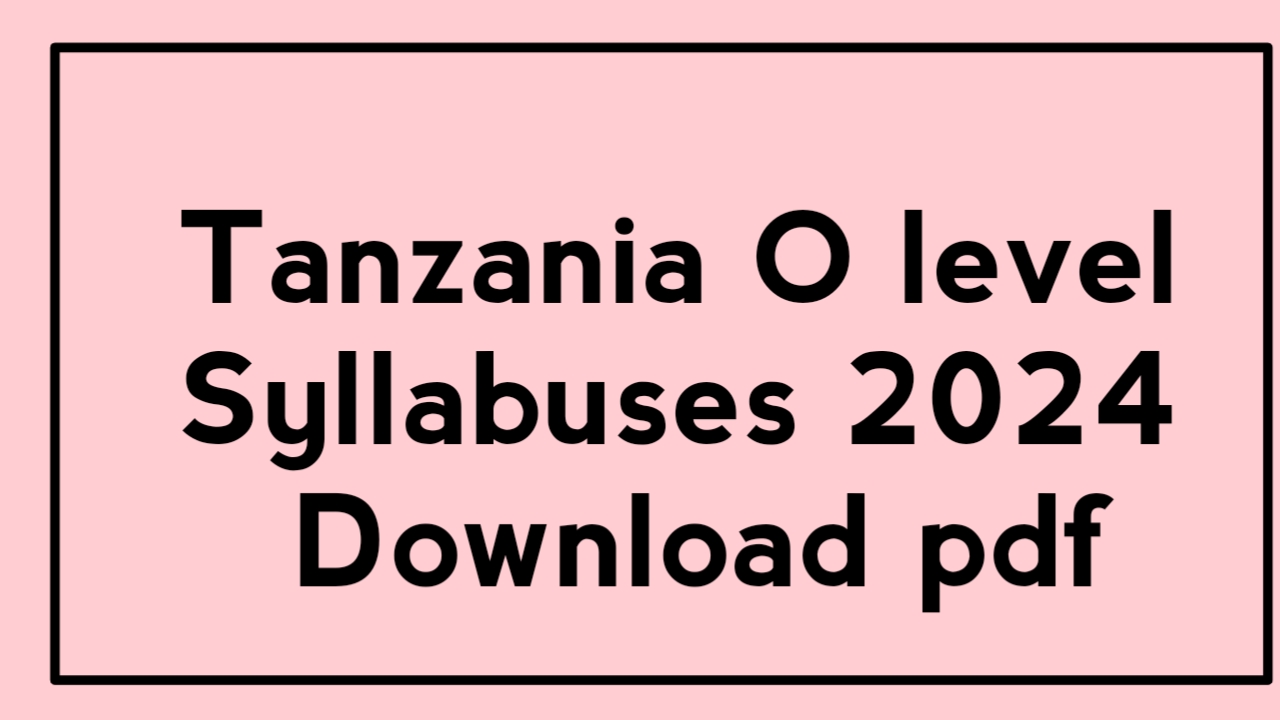Alama za Ufaulu kidato cha Pili (Form two)
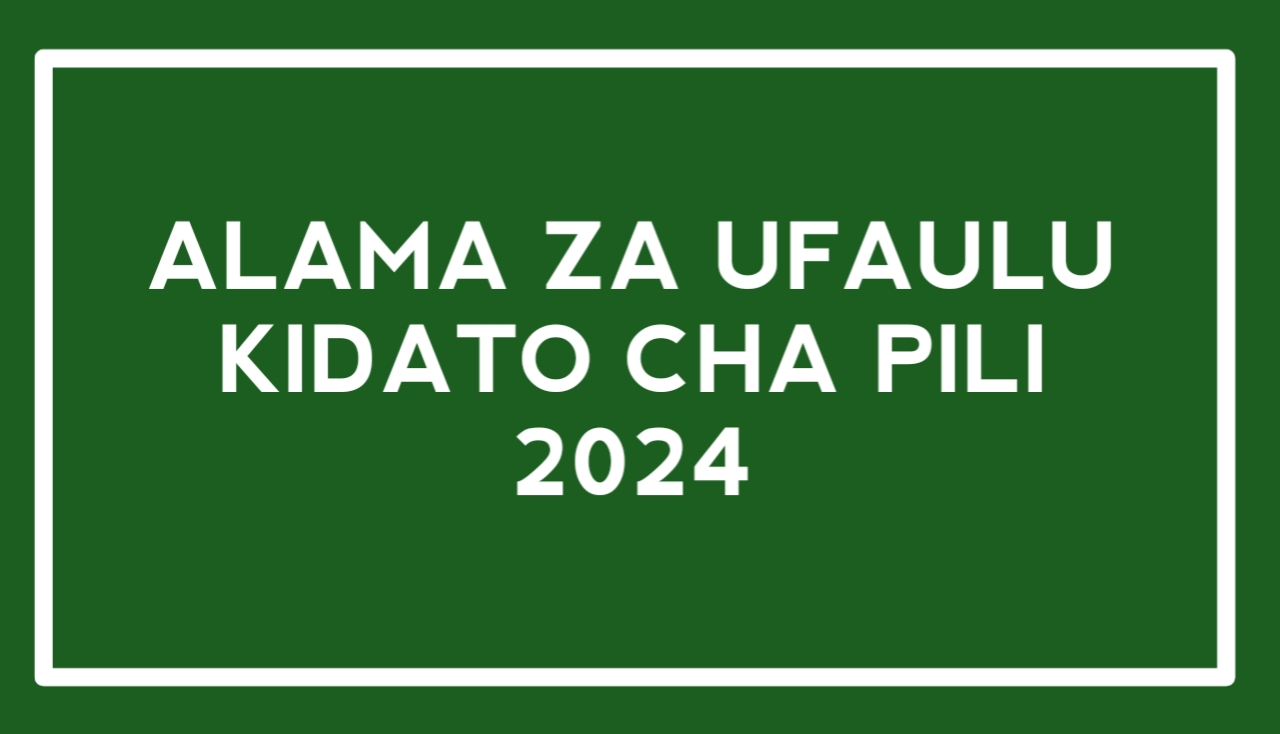
For students in Tanzania, the NECTA Form Two exams are a pivotal point in their academic journey. These exams help assess their readiness to move on to more advanced studies and provide a foundation for their future educational pursuits. One of the key aspects of these exams is understanding the pass mark system, which determines whether a student has met the required standards to progress to the next grade. Here we will explore the NECTA Form Two pass mark system, explain its importance, and offer guidance on how students can achieve the marks needed for success.
What is the NECTA Form Two Pass Mark System?
The NECTA Form Two exams, officially known as the National Form Two Examination (FTNE), are designed to evaluate students’ academic progress at the end of their second year of secondary school. The pass mark system is used to determine whether students have achieved a satisfactory level of performance across their subjects. The grading system provides a standardized way to assess students’ knowledge and skills, ensuring consistency and fairness in evaluating academic performance.
Check the Image Below that show the pass mark for form two examination (FTNE):
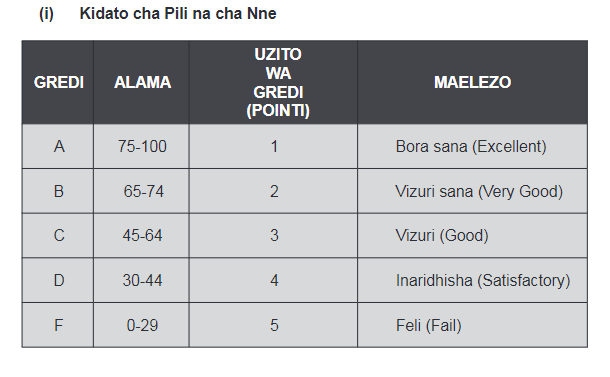
Importance of the Pass Mark System
- Academic Progression: The pass mark system is crucial for determining whether students are ready to advance to Form Three. Achieving the required grades ensures that students have mastered the essential concepts and skills needed for further education.
- Identifying Strengths and Weaknesses: The grades received in Form Two provide valuable feedback on students’ academic performance. This feedback helps identify areas where students excel and where they may need additional support or improvement.
- Setting Goals: Understanding the pass mark system allows students to set realistic academic goals. By knowing the required grades, students can focus their efforts on meeting or exceeding these targets.
- Parental and Educational Support: The pass mark system helps parents and educators track students’ progress and provide appropriate support. If a student is struggling, interventions such as extra tutoring or study sessions can be arranged to help improve performance.

